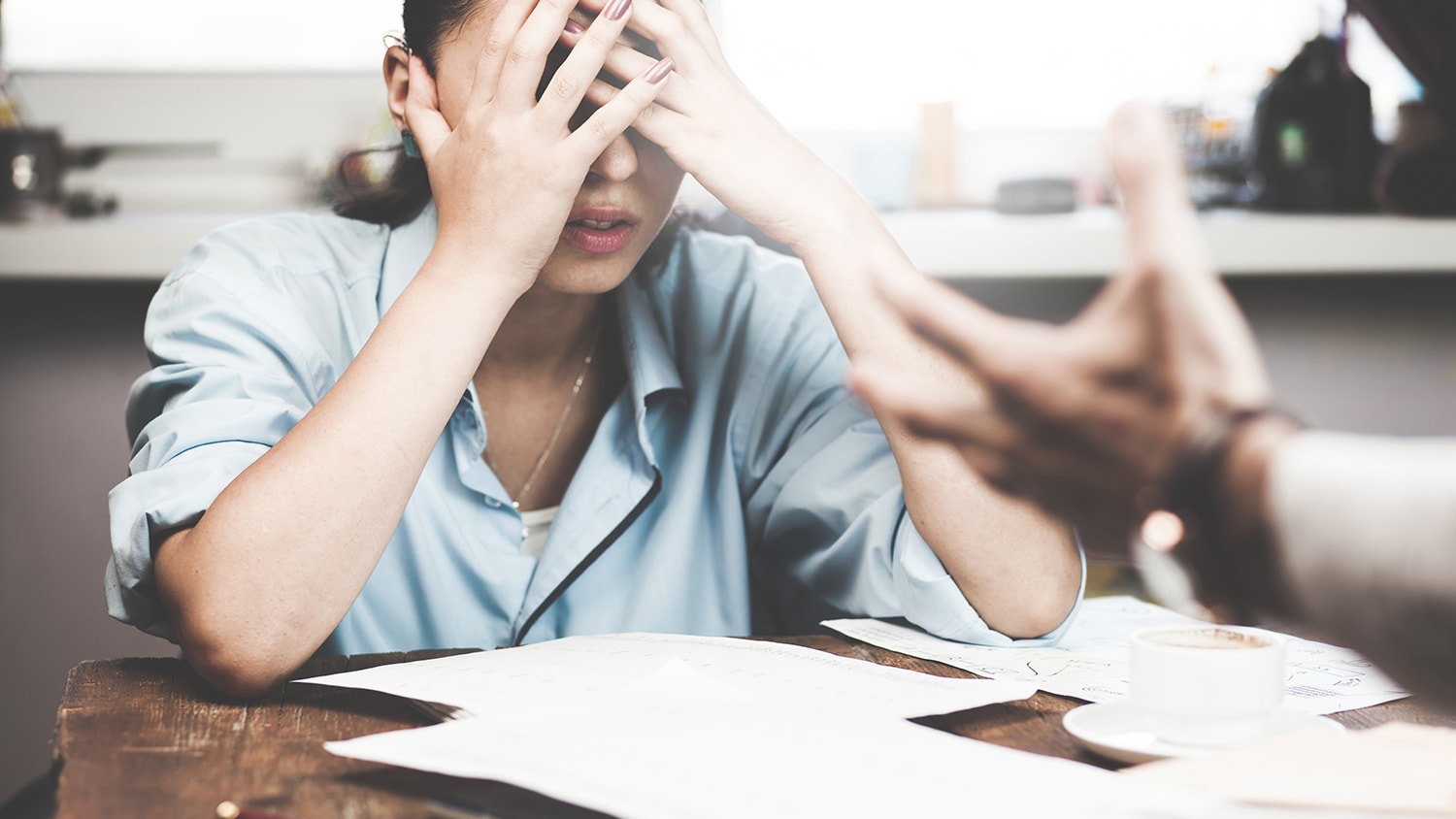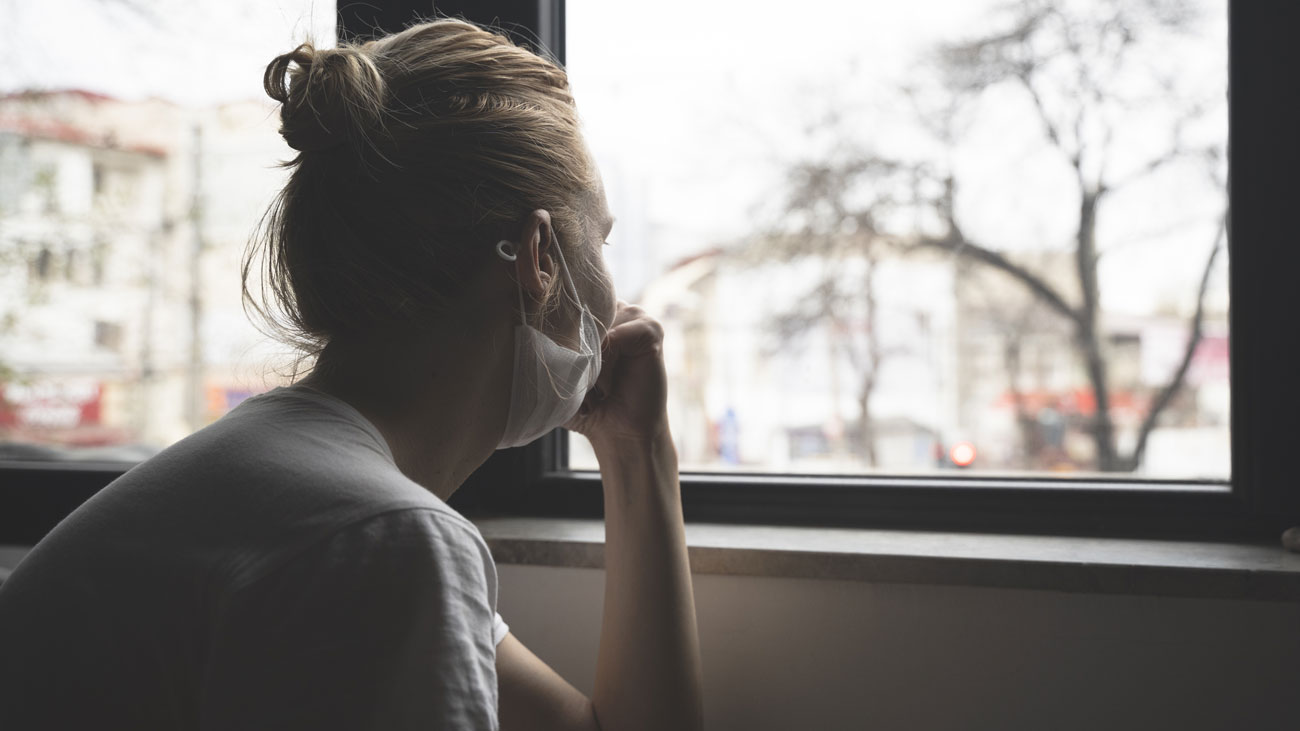
Firms cut sick pay for unvaccinated staff
A number of firms have begun imposing financial costs on employees who refuse to be vaccinated against COVID-19. The latest of these is retailer Ikea, which, The Guardian reports, has cut sick pay for unvaccinated UK staff who are forced to self-isolate because of close contact with someone with COVID-19. Unvaccinated workers at Ikea are only eligible for statutory sick pay of £96.35 a week during isolation, compared with weekly pay of more than £400 before tax for an average worker on the shop floor.
Ikea joins utility company Wessex Water and supermarket Morrisons in imposing a financial cost, while other organisations are introducing incentives for employees to get vaccinated. According to The Guardian, Wessex Water, which serves 2.8 million customers in the Southwest of England, has taken action after enduring record COVID-19-related absences.
A Wessex Water spokesperson said:
“The vast majority of our workforce has been vaccinated and it’s important as a company providing essential services with key-worker employees [that] the remainder get vaccinated to protect themselves, customers and their colleagues. To make it easy for our staff, vaccine appointments can be booked in work time. Absences due to COVID-19 have doubled in the last week, so we need everyone to be available so we can continue to provide uninterrupted essential water and sewerage services.”
An Ikea spokesperson said:
“We appreciate that this is an emotive topic and all circumstances will be considered on a case-by-case basis. Therefore, anyone in doubt or concerned about their situation is encouraged to speak to their manager.”
The Guardian reports that, according to employment experts, “no jab, no job” policies would be difficult for companies in the UK to enforce because of stronger worker protections and rules against discrimination. However, UK care workers have been obliged to be vaccinated since November.
A recent case ruled that fears or other beliefs around COVID-19 are not protected under the Equality Act. The judge ruled that a worker was not discriminated against on the grounds of religion or belief when she refused to go to work, concluding: “A fear of physical harm and views about how best to reduce or avoid a risk of physical harm is not a belief for the purposes of [the Equality Act].”






